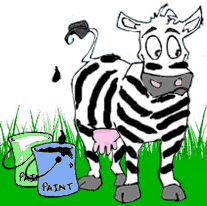Hi How to Translate Science Speak!.

Scientists and engineers know things that laypersons don't know. This is just fine, except when the engineer/scientist has to or wants to communicate with said layperson(s) about their field. Then the "science speak" comes out. In these situations there is often a high probability that one of the two parties will either become extremely confused and frustrated, or extremely bored and sleepy.
Neither of these is the desired outcome...
I often find that no matter how boring a certain topic of conversation may be, if someone has a passion for it and can communicate that passion to me, I can find it interesting. Unfortunately, even though I have an engineering background, I often am bored out of my mind when talking to scientists and engineers. Why?

Here are a few pointers from Melissa Marshall (from TEDtalks) that are helpful when attempting to simplify your communication:
Be Relevant - Bridge the gap between your work and your audience. From the perspective of your audience, answer the question "So what?".
Avoid Jargon - Avoid or replace language that is specific to your field or that your audience would not understand. Don't use 'spacial' and 'temporal', use 'space' and 'time'.
Be Visual - Images, graphics, and comparisons are great tools to help your audience understand and remember what you're telling them.
Avoid bullets - Long bullet points can be a language overload to the audience. In presentations, try using a single straightforward sentence to present an idea. And link these sentences to visuals when appropriate.

I Just Saved A Bunch Of Words...,




